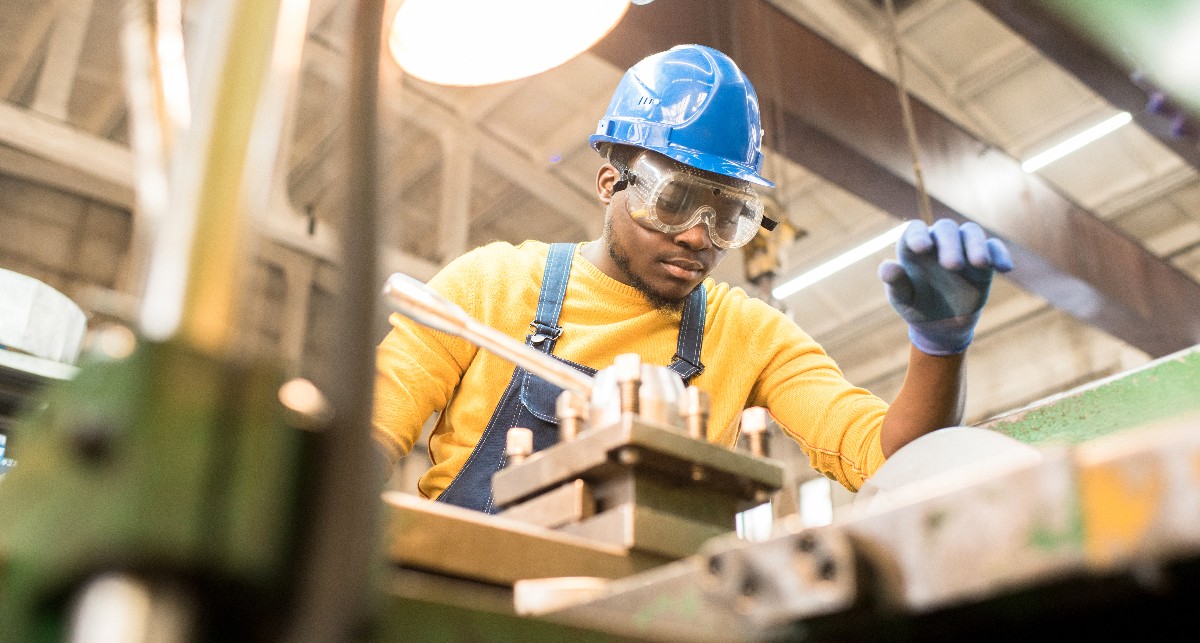“Music and dancing broke out in the streets of Little Italy, ‘confetti’ made of scraps of cloth rained down in the Garment District and in Times Square, two million people packed into 10 blocks to express their jubilation.”~ History.com explaining the end of World War II
“… during the war, picking up soldiers was nothing less than a patriotic duty.”~ The New York Time’s conversation on the history of hitchhiking
These glimpses into the past offer a perspective as to how veterans were welcomed home years ago. Although returning home didn’t mean there was a job readily available, especially after world war II when, during the war, women had joined the workplace in unprecedented numbers, veterans garnered immediate respect and admiration and in most cases, trust. Service uniforms weren’t sold at thrift stores and manufactured in the fashion world. There was complete buy-in by most that the people in uniform not only served for their country, but they also served well.
Today’s veterans aren’t always so lucky. Gone are the days of a veteran safely hitchhiking home, and in are the days of assumptions. Shane Hornbeck, 24, was shot by a sniper in Iraq, received a Purple Heart and then, came home to a workforce that sees his traumatic brain injury as an indication that, as he says, he’s “broken.”
Joshua Bruns, Director of the Veteran Student Success program at Cleveland State University and former Army combat engineer, echos Hornbeck’s thoughts when he shares that “veterans deal with misconceptions about being angry or violent when they just want to have a productive life.” Bruns adds that companies would be wise to rethink their outlook on veterans as it is a “population known for its loyalty and discipline.”
This conversation isn’t about giving veterans an advantage, it’s about giving them a fair shake at job opportunities. Veterans often have computer and technical skills and positive outlooks. They also are known for their leadership, dedication, and commitment. These aren’t qualities that a company needs to invest hours and hours of professional development to instill; they’re already there.
Some companies do see the tremendous contribution of veterans and everything they bring to the professional table. A few of those companies are:
● Auto-Valve, Inc. prides itself on being veteran-owned and the fact that they dedicate over 60 percent of their services and products to the military, in addition to employing several veterans throughout the organization in various roles.
● Goodyear created the Goodyear Veterans Association, which helps veterans transition into the civilian workforce and gives them the training needed to be successful.
● Walgreens offers veteran-specific programs, such as its HERO Program. These programs include retail management training and on-the-job mentorship.
Veterans have a military DNA. They have certain traits that are instilled in them through the armed services and if given the opportunity, those traits can and often are used to be a touchstone for an employer. Traits such as:
● Teamwork
● Sense of duty
● Self-confidence
● Organized and Disciplined
● Strong work ethic
● Strong follow-through
● Problem-solving
● Adapting
● Finishing a task
● Sticking to a schedule
In a world where tongues and fears often move faster than hearts, I ask those in a position to give veterans equal, unbiased opportunities in the workforce to do just that. Chances are you’ll never regret it.
Author: Evelyn Lindell





